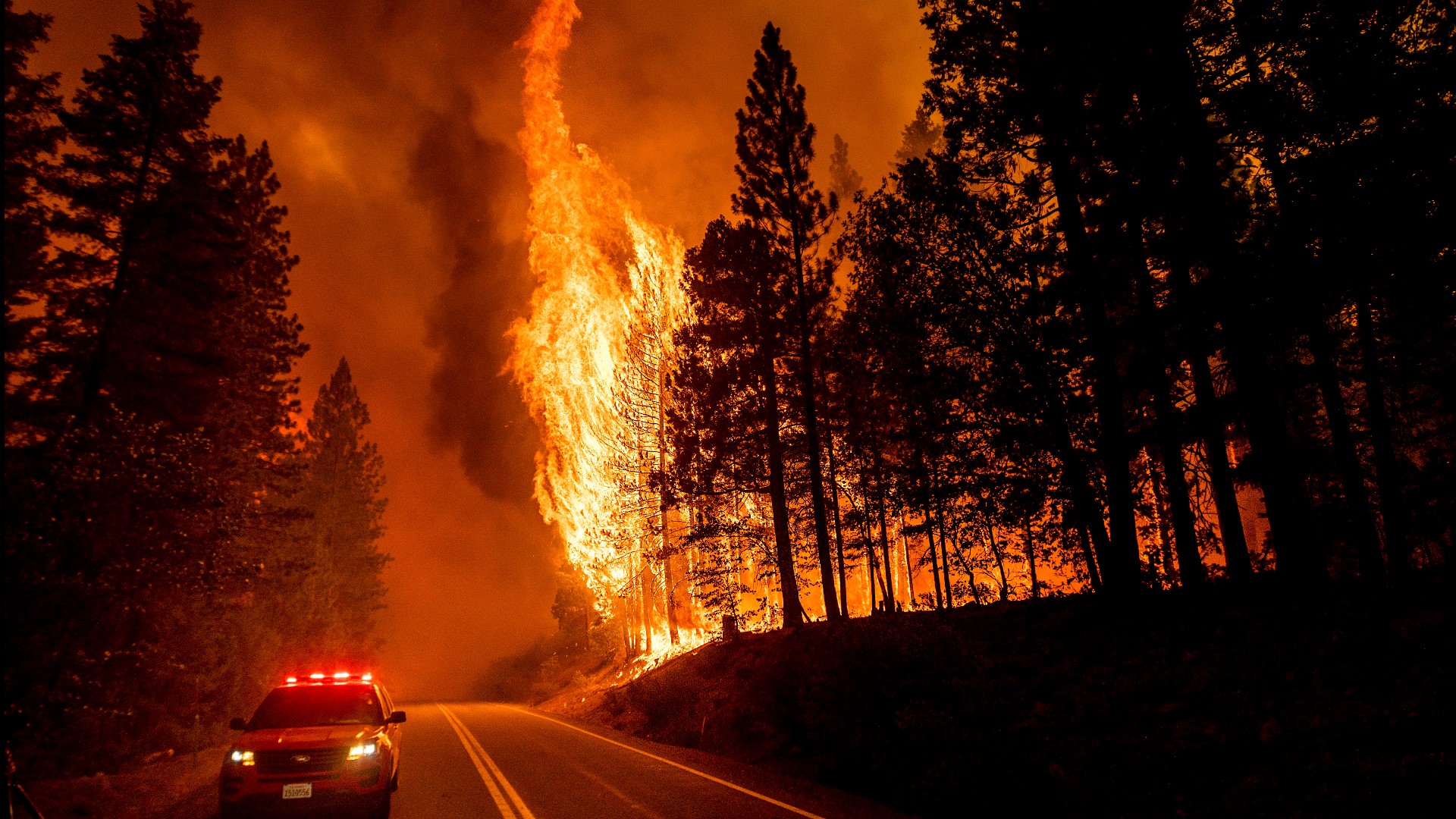Federal Court in California Blocks Broadcast of "Troubleman" Testimony

By Tyler Cooper, FTC senior researcher
While federal courts are ordinarily open to the public, most average citizens are still functionally locked out due to the ongoing pandemic keeping many courtrooms closed.
What’s more, the judiciary continues to insist that any remote audio or video access granted for trial court proceedings be a one-time thing that must not be rebroadcast subsequently, like on the evening news.
The local ABC affiliate in Sacramento, KXTV, tried to change that.
Its attorney, Steve Zansberg, sent a letter to Judge William Alsup of the Northern District of California on Sept. 9 requesting permission “to record for subsequent broadcast the Zoom audio transmission of the testimony of ‘the troubleman,’ the individual who first responded to the Dixie Fire.” Zansberg added:
“We recognize that Federal Rule 53 of the Federal Rules of Criminal Procedure generally prohibits the broadcast of criminal proceedings occurring in United States District Courts. Nevertheless, in light of the tremendous public interest in this crucial witness’ testimony, we are asking if your Honor might be aware of some exception by which you may authorize such recording and broadcast in these unique circumstances, so that the public can directly experience the testimony rather than relying on a verbal recitation thereof by the press.”
Sadly, the court rejected Zansberg’s request later that same day.
The Dixie Fire is a nearly one-million-acre wildfire in California that began in July and is still burning. The Pacific Gas and Electric Company (PG&E), which is under criminal probation for its negligence in another wildfire, is being pressed to describe its involvement in the Dixie Fire, as well. Naturally, this has attracted substantial public interest and media attention, and yet the courts continue to do a disservice by not allowing the public direct access to its work.
While there are valid concerns over the broadcast of district court proceedings that do not exist in appellate-level proceedings, such as the need to blur faces or voices of minors and victims of abuse, that wasn’t the case here, and the judiciary would do well to give more consideration to requests made in an effort to keep the public informed about matters of the highest public interest.